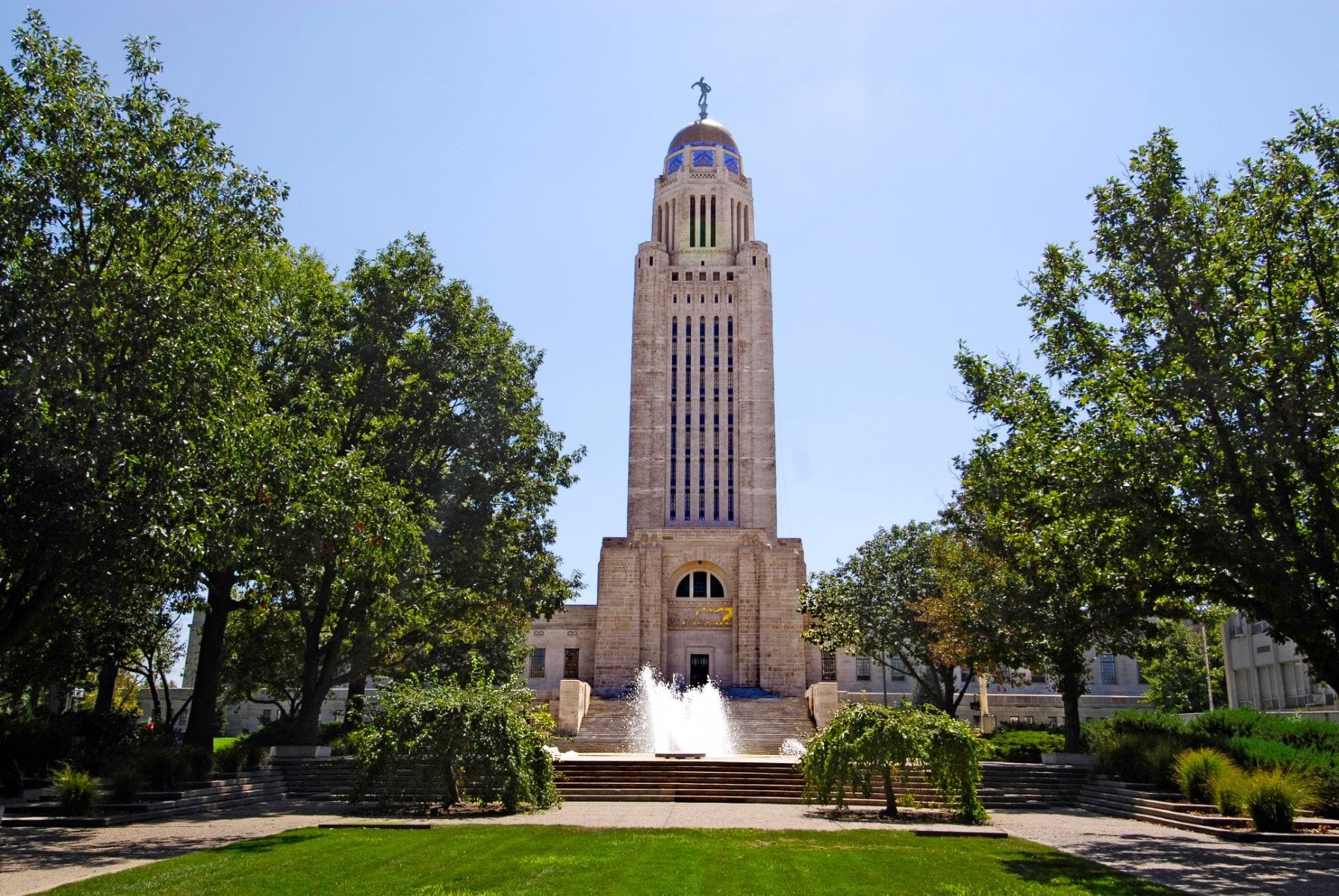Nebraska Expert Witness Rules: What Litigators Need to Know
Expert witness rules in Nebraska civil cases mirror federal standards—rigid disclosures, Daubert scrutiny, and strategic deadlines define the process.
Updated on
In this article
Expert witnesses play a critical role in Nebraska civil litigation, especially in medical malpractice, product liability, and professional negligence cases. Nebraska follows a disclosure and admissibility framework grounded in its Rules of Civil Procedure and Rules of Evidence, with close alignment to federal standards in both process and substance. Attorneys litigating in Nebraska must comply with expert disclosure obligations and prepare for rigorous Daubert-style admissibility challenges.
Designation Requirements
Nebraska does not require a formal “designation” motion for expert witnesses. Instead, expert disclosure is managed through interrogatory responses, pretrial orders, and discovery responses under Neb. Ct. R. Disc. § 6-326(b)(4).
When a party intends to call an expert at trial, they must disclose:
- The name and qualifications of the expert
- The subject matter of expected testimony
- A summary of opinions and the basis for those opinions
- Any written reports prepared by the expert
Failure to disclose an expert or their opinions within the court-ordered deadline may lead to exclusion under Neb. Ct. R. Disc. § 6-337, especially where prejudice or surprise results from untimely or incomplete disclosures.
Expert Disclosure Process
Expert disclosures in Nebraska are typically governed by case-specific scheduling orders, with staggered deadlines for plaintiff, defense, and rebuttal experts. Under Nebraska’s version of Rule 26(b)(4), parties may obtain:
- A detailed summary of the expert's opinions
- The basis and reasoning supporting each opinion
- Supporting documents, test data, or literature
- The expert’s qualifications, publications, and prior testimony
- Compensation arrangements
Although full reports are not automatically required, they are commonly provided in medical malpractice, products liability, and complex tort cases. Expert depositions are permitted after disclosures and often serve as the key mechanism for assessing the admissibility of opinions.
Required Declarations
Nebraska does not require expert declarations or affidavits at the disclosure stage. However, affidavits are essential for summary judgment motions under Neb. Rev. Stat. § 25-1334. These affidavits must:
- Be made on personal knowledge
- Contain admissible facts
- Show that the expert is qualified to testify to the issues at hand
In medical malpractice cases, plaintiffs must support their claims with qualified expert affidavits at the dispositive motion stage to establish a breach of the standard of care and proximate causation. Failure to do so can result in dismissal.
Fees and Compensation
Nebraska imposes no statutory cap on expert fees. Compensation is governed by agreement between the expert and retaining counsel. However, under Neb. Ct. R. Disc. § 6-326(b)(4)(C)(ii), a party seeking to depose an opposing expert must pay a reasonable fee for the expert’s time.
Disputes over reasonableness are resolved by the court, with consideration of the expert’s credentials, prevailing market rates, and the complexity of the subject matter.
Discovery Scope and Limitations
Expert discovery in Nebraska includes both written interrogatories and depositions, governed by § 6-326(b)(4). Parties may obtain:
- The expert’s opinions and underlying rationale
- Documents or data relied upon
- Details about prior testimony and publications
- The expert’s fee arrangements
Consulting experts not expected to testify are protected from discovery absent exceptional circumstances. Courts generally require a showing that no alternative means exist to obtain the necessary information.
Draft reports and communications between attorneys and testifying experts may be shielded under the work-product doctrine, though underlying facts and data considered by the expert are discoverable.
Admissibility Standards
Nebraska applies the Daubert standard, codified in Neb. Rev. Stat. § 27-702 and reinforced by Schafersman v. Agland Coop, 631 N.W.2d 862 (Neb. 2001). Trial judges serve as gatekeepers, assessing the reliability and relevance of expert testimony before allowing it to be presented to a jury.
To be admissible, expert testimony must:
- Be offered by a qualified expert
- Be relevant to the issues in the case
- Be based on sufficient facts or data
- Be the product of reliable principles and methods
- Reflect a reliable application of those principles to the facts
Pretrial Daubert hearings are often conducted when the admissibility of scientific or technical testimony is challenged. Experts must be prepared to defend both their methodology and the application of that methodology to the facts of the case.
Key Deadlines & Strategy Notes
Deadlines for expert disclosure in Nebraska are set by scheduling orders issued by the court. Although exact timelines vary by case, typical milestones include:
- Plaintiff’s expert disclosures: 90–120 days before trial
- Defendant’s expert disclosures: 30–60 days after plaintiff’s
- Rebuttal expert disclosures: Prior to the close of discovery
- Expert depositions: Must be completed by the discovery cutoff
- Daubert motions: Usually due before the final pretrial conference
Strategically, early retention and preparation of experts is essential, particularly in cases involving scientific, medical, or economic testimony. Experts should be thoroughly vetted not only for their credentials, but also for their ability to survive Daubert scrutiny.
State-Specific Statutes & Local Rules
- Neb. Ct. R. Disc. § 6-326(b)(4): Expert discovery and disclosure
- Neb. Rev. Stat. § 27-702: Admissibility of expert testimony
- Neb. Rev. Stat. § 25-1334: Summary judgment affidavit requirements
- Schafersman v. Agland Coop, 631 N.W.2d 862 (Neb. 2001): Leading Nebraska Daubert case
- Neb. Ct. R. Disc. § 6-337: Sanctions for failure to comply with discovery rules
Attorneys should also review local district court rules, especially in judicial districts such as Douglas, Lancaster, and Sarpy Counties, where individual judges may have preferred practices regarding expert disclosure formats, deadlines, and motion procedure.


